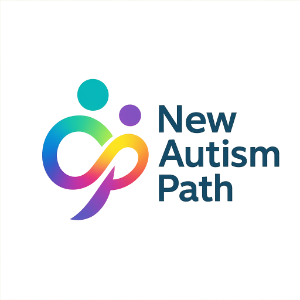Staring Spells & Non-Responsiveness
Why an EEG Matters for Autistic Children
Many autistic children may experience moments of unresponsiveness or "staring spells." While these can sometimes be related to sensory processing or deep focus, it's crucial to consider another possibility: non-convulsive seizures.
The Hidden Link: Autism and Epilepsy
Epilepsy is significantly more common in individuals with Autism Spectrum Disorder (ASD) than in the general population. Recognizing the signs of potential seizures, even subtle ones like staring spells, is a vital step in ensuring your child receives appropriate care.
|
Prevalence of Epilepsy in ASD ~20-30%
Source: Various neurological studies |
Common Reasons for EEG Consideration100%
50%
Staring Spells Unresponsive Regression Motor Tics Sleep Issues |
What is an EEG and Why is it Important?
An Electroencephalogram (EEG) is a non-invasive test that measures electrical activity in the brain. It can detect abnormal brain wave patterns that are characteristic of seizures, even if no outward physical convulsions are observed.
Early diagnosis of epilepsy or other seizure disorders can lead to timely intervention, which may include medication, dietary changes, or other therapies, potentially improving developmental outcomes and quality of life.
Benefits of an EEG
|
Action for ParentsIf your child with autism exhibits any of the following, consider discussing an EEG with their healthcare provider:
|

